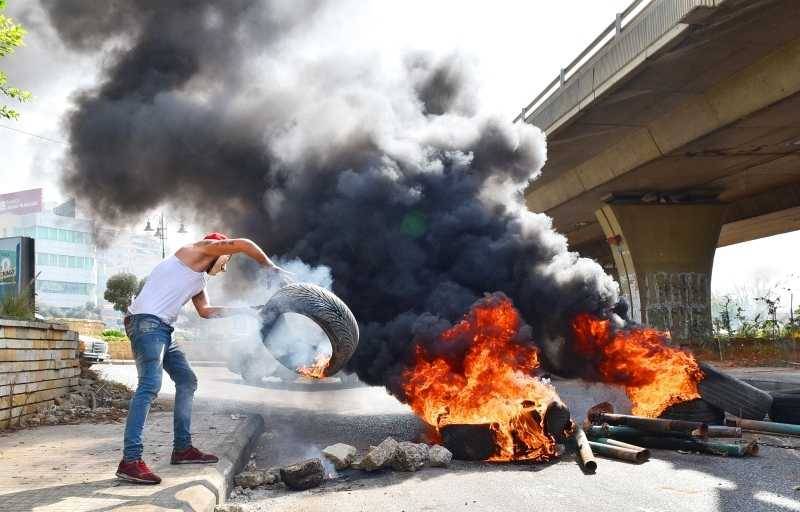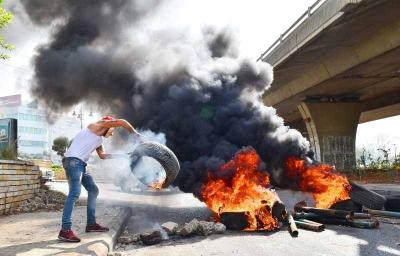Security reports converge on the issue of security and public peace in light of recent events in the southern town of Rmeish, the Chouf town of Brierh, and the Akkar town of Berqael. The ramifications of the detention of the families of the victims of the port explosion have become a priority compared to other issues. These reports affirm that in times of political vacuum, scenarios of chaos and security breakdown are activated, as any friction, individual incident, or public movement could represent the beginning of a dangerous security reality.
These reports indicate that Western warning messages have reached political and security leaders, cautioning against chaotic scenarios that could be difficult to control if the political paralysis and the stalemate in both the presidential and government situation persist. The concerns of these leaders stem from the existence of fifth columns capable of undermining stability and directly threatening security through sporadic incidents, primarily carrying sectarian overtones. This belief is reinforced by the presence of numerous fugitives and smugglers, in addition to the open borders for those disturbing the security.
The reports conclude with fears, based on previous experiences, that a settlement will occur on the edge of disaster, following public protests or a security surprise that establishes a pressing reality for all political forces, ultimately leading to a presidential settlement.
Former director of guidance in the Lebanese Army, Brigadier General Elias Farhat, states to "Al-Markaziah" that these incidents moving between Lebanese villages from south to north remain confined within their narrow frame. Regardless of their size, they do not lead to a civil conflict since the components for such a situation are currently not available. He adds that civil war tools are more political than security-related, and political and party forces currently agree to reject anything that disrupts stability. Even the Tayouneh incident, which resulted in the deaths of many youths and party members, was absorbed by both sides, as indicated by the prevailing rejection of combat and a return to the past.
Farhat also addresses the anticipated vacancy in military leadership, stating that it will not affect stability, emphasizing that interim leadership is possible and does not diminish their role and duties. He argues that the prolonged vacuum in constitutional institutions—starting from the vacancy of the presidency, through disputes surrounding government formation, and leading to the vertical divide in the parliamentary council—is what scares more than Western reports based on inaccurate information.
He concludes by affirming that security in the country is being maintained thanks to the vigilance of military institutions, primarily the Lebanese Army, despite the high numbers of foreign nationals and those entering illegally through the open land borders.




